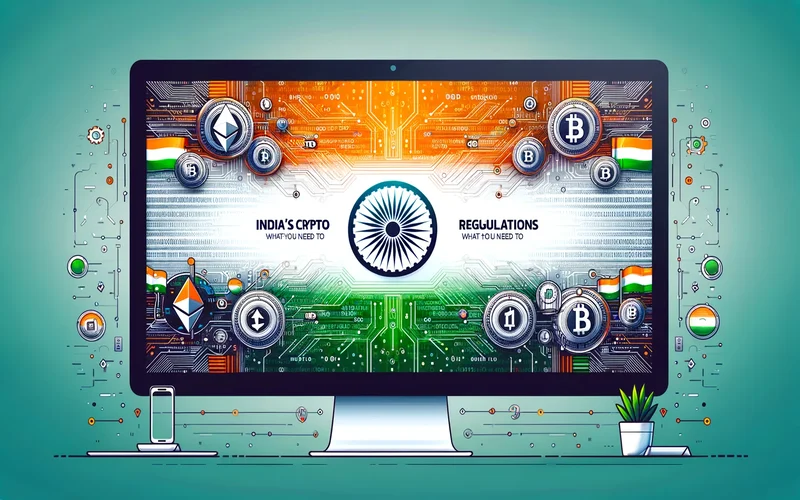Crypto gaming coins, also known as game tokens or utility tokens, are digital assets that function
as the local money within a gaming ecosystem. Crypto gaming coins, as opposed to traditional in-
game currency, are frequently developed on blockchain platforms such as Ethereum, allowing for
transparent and decentralized transactions. These tokens have real-world value and can be earned,
bought, sold, or exchanged within the gaming environment.
1. Ownership and Interoperability of Digital Assets: Crypto gaming coins offer actual
ownership of in-game assets. Because the tokens are stored on an immutable ledger, players
have verifiable ownership rights thanks to blockchain technology. This means that users
can purchase, sell, or trade in-game objects and characters with other players, even across
games or platforms, creating a thriving secondary market.
2. Improved In-Game Economies: Crypto gaming coins enable decentralized economies in
which players can earn tokens by playing the game. This allows gamers to monetise their
abilities and time spent playing, perhaps offering a source of revenue. Furthermore,
developers can generate scarcity and value within the gaming environment, allowing for
the development of rare and one-of-a-kind in-game objects.
2. Eliminating Fraud and Cheating: Blockchain technology creates a transparent and secure
environment, eliminating gaming industry fraud and cheating. Because the rules are
enforced by the underlying technology, smart contracts and decentralized systems can
assure fair gameplay. This instills trust in players, resulting in a more trustworthy and
reliable gaming experience.
3. Sustainability and longevity: By including crypto gaming currency, creators can construct
self-sustaining ecosystems in which the value of the tokens is directly related to the game’s
success and popularity. This encourages continual development, upgrades, and
enhancements, assuring the game experience’s life.
While crypto gaming coins have various advantages, there are some issues that must be solved.
These include regulatory uncertainty, scalability concerns, consumer uptake, and potential dangers
connected with cryptocurrency volatility. Furthermore, incorporating blockchain technology into
gaming necessitates technical skills as well as infrastructure investment.
Crypto gaming coins are an intriguing merger of cryptocurrencies and gaming, providing
numerous advantages to both gamers and producers. True ownership, increased in-game
economies, community participation, and fundraising options are all made possible by these
tokens. While there are limitations, the prospect of a decentralized and immersive gaming
experience powered by blockchain technology is obviously appealing. As the industry evolves,
crypto gaming coins are expected to play a significant part in determining the future.
The introduction of cryptocurrencies has resulted in the creation of numerous gaming coins, each
with its own set of qualities and uses within the gaming sector. We will tako a look at various sorts
of gaming coins, their functions, and how they are used in the crypto gaming scene. Let’s explore
into the various realm of gaming currency, from utility tokens to non-fungible tokens (NFTs).
1. Utility tokens are the most common type of gaming coins in the crypto world. These tokens
are designed to be used within a specific gaming ecosystem, providing various utilities and
functionalities to players. Utility tokens can be earned or purchased and are used to
facilitate in-game transactions, purchase virtual goods, unlock features, or participate in
decentralized governance. Examples of utility tokens in the gaming industry include ENJ
(Enjin), MANA (Decentraland), and CHZ (Chiliz).
2. Non-fungible tokens (NFTs) have grown in popularity in the gaming industry. Unlike
cryptocurrencies, which are fungible and interchangeable, NFTs are distinct digital assets
that may be purchased, sold, and held. Rare in-game items, such as unique weaponry, skins,
or virtual land parcels, are represented by NFTs. They guarantee ownership and scarcity,
allowing players to trade or sell their rare NFTs in secondary marketplaces. Axie Infinity,
CryptoKitties, and NBA Top Shot are examples of notable game platforms that use NFTs.
3. Play-to-Earn tokens have transformed the gaming industry by introducing the option to
earn real-world currency through games. These tokens enable users to commercialize their
gaming time and skills, providing a possible source of money. Tokens acquired through
Play-to-Earn are often obtained by completing in-game chores, reaching milestones, or
competing in competitive events. These tokens are convertible into other cryptocurrencies
or fiat money. AXS (Axie Infinity’s native token) is a well-known example of a play-to-
earn token.
4. Governance tokens allow players to actively engage in the ecosystem’s decision-making
process. These tokens provide you the ability to vote on suggested changes, updates, or
development decisions. Players can shape the future of the game by holding governance
tokens, making it a more community-driven experience. In the Gods Unchained card game,
a famous example of a governance token is $GODS.
5. Cross-chain tokens, also known as interoperable tokens, are intended to work on several
blockchain platforms. These tokens enable gamers to seamlessly transfer and use their in-
game assets across other gaming ecosystems or platforms. Cross-chain interoperability
provides additional liquidity and flexibility for gamers, supporting a dynamic secondary
market and extending asset ownership and trading opportunities.




